Ask an Expert
Can a fear of vomiting actually cause someone to vomit?
Clinical Expert: Janine Domingues, PhD
en EspañolCan a fear of vomiting actually cause someone to vomit when they would otherwise not have? In other words can you truly become sick from worrying? My son has a fear of vomiting, so whenever he gets even the slightest stomach ache he worries so much that he might vomit, and then he ultimately does, usually after a few hours of worrying about it. This has happened several times. My pediatrician says he "worried himself sick" — is that possible?
Great question. The short answer is yes, worry or anxiety can cause a person to experience physical symptoms, including stomach aches, nausea, and even vomiting. In fact having a queasy stomach or feeling like there are butterflies in your stomach are common physical complaints due to anxiety. Kids can have other physical symptoms of anxiety, too, including a racing heart, sweaty palms, shortness of breath, and tense muscles.
These physical symptoms are part of our “fight or flight” response in our brain, which sends a surge of adrenaline to our body, setting us up to mobilize and respond in the face of danger. But sometimes this response is triggered by a “false alarm” because there is the perception that something bad is going to happen, even when there may not be any actual danger.
It sounds like when your son experiences a slight stomach ache and he begins to worry, he is triggering a false alarm in his brain that activates the fight or flight response, which further contributes to his stomach aches. This feeds into his worry that he will vomit, causing a vicious cycle that ultimately leads him to do just that (which then reinforces his fear).
Luckily a kind of cognitive behavioral therapy called exposure therapy is extremely effective in treating fear of vomiting. The first part of treatment focuses on understanding both the physical and cognitive symptoms of anxiety and how they are connected. This will help your son understand the cycle of his worry and how it is contributing to his stomach aches.
Next treatment can help your son learn coping strategies for how to manage his anxiety when he starts to feel his stomach aching. Using exposure therapy your son’s clinician can gradually help him face his fear of stomach aches in a way that will allow him to learn that he can manage feeling anxious as opposed to “worrying himself sick.” Some children with severe fear of vomiting may benefit from an intensive treatment program to help them face their fears and learn to tolerate their anxiety.
Lastly, one other important goal of treatment should be for the clinician to help you as a parent learn to effectively support your son as he is learning to manage his fear of vomiting.
Learn more about emetophobia, or fear of vomiting, here.

Was this article helpful?
Related Reading
-
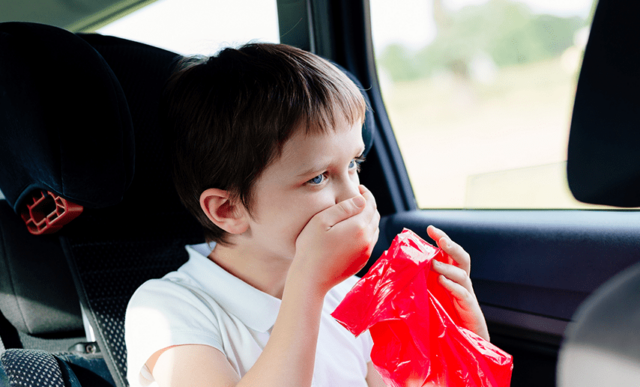 What Is Emetophobia (Fear of Vomiting)?
Shame and secrecy complicate a phobia common in children
What Is Emetophobia (Fear of Vomiting)?
Shame and secrecy complicate a phobia common in children
-
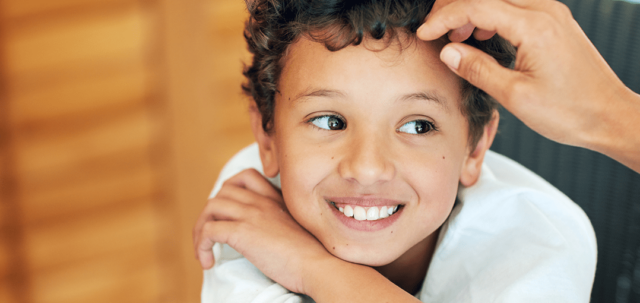 Intensive Treatment for OCD and Anxiety
A speeded-up form of CBT gets results for kids in weeks rather than months
Intensive Treatment for OCD and Anxiety
A speeded-up form of CBT gets results for kids in weeks rather than months
-
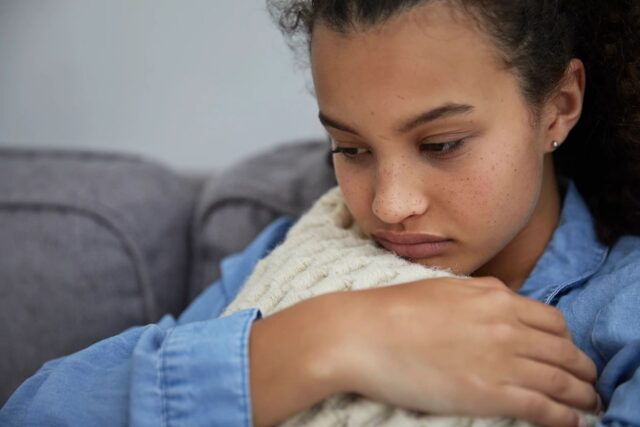 What Does OCD Look Like in Kids?
The most common symptoms and behaviors of children with obsessive-compulsive disorder
What Does OCD Look Like in Kids?
The most common symptoms and behaviors of children with obsessive-compulsive disorder
-
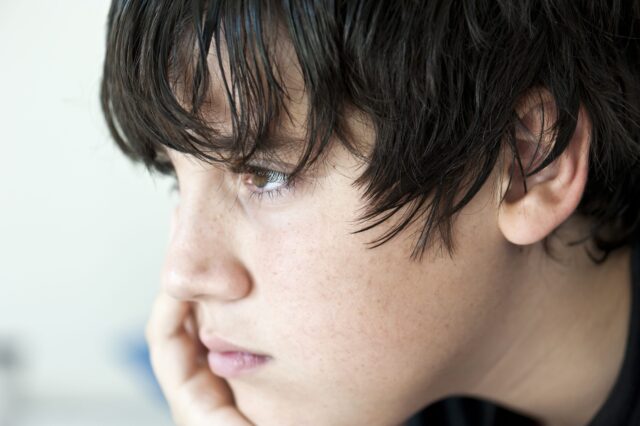 What Is a Specific Phobia?
When extreme fear gets in the way of daily life
What Is a Specific Phobia?
When extreme fear gets in the way of daily life
-
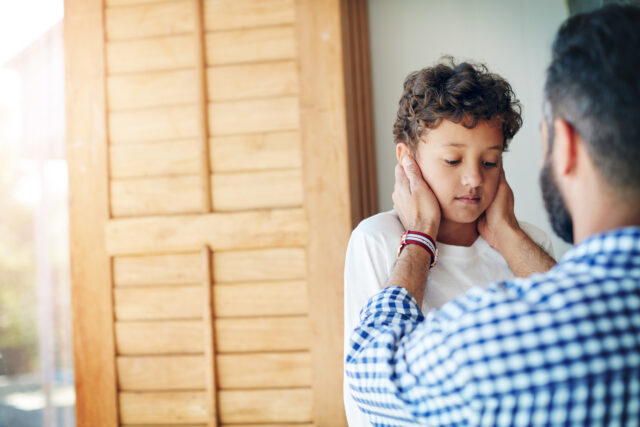 Complete Guide to OCD
Children with OCD have intrusive thoughts and worries that make them extremely anxious, and they…
Complete Guide to OCD
Children with OCD have intrusive thoughts and worries that make them extremely anxious, and they…
-
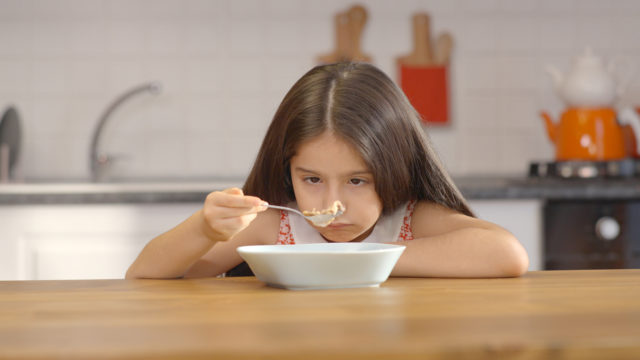 What Is ARFID?
How to recognize (and treat) avoidant restrictive food intake disorder
What Is ARFID?
How to recognize (and treat) avoidant restrictive food intake disorder
-
 Behavioral Treatment for Kids With Anxiety
Kids learn to handle the bully in the brain
Behavioral Treatment for Kids With Anxiety
Kids learn to handle the bully in the brain
-
 Agoraphobia in Children
When kids avoid certain locations because of a fear of something bad happening
Agoraphobia in Children
When kids avoid certain locations because of a fear of something bad happening
-
 My 9-year-old son is constantly confessing thoughts, or things he has done, that he thinks are bad. How can we help him?
Behavioral therapy gives kids tools to disarm obsessive thoughts that are interfering with their lives.
My 9-year-old son is constantly confessing thoughts, or things he has done, that he thinks are bad. How can we help him?
Behavioral therapy gives kids tools to disarm obsessive thoughts that are interfering with their lives.
-
 How Anxiety Affects Teenagers
Signs of anxiety in adolescents, and how they're different from anxious children
How Anxiety Affects Teenagers
Signs of anxiety in adolescents, and how they're different from anxious children
-
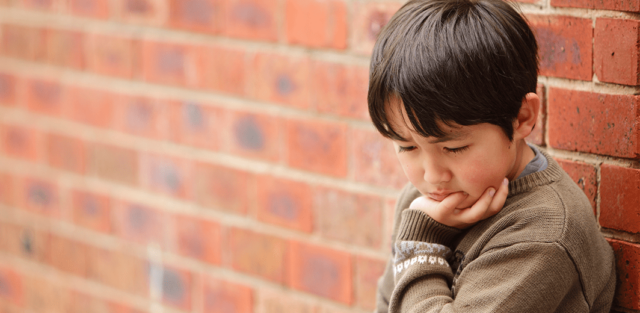 When Kids Refuse to Go to School
How to recognize what's called 'school refusal' and how to get kids back in class
When Kids Refuse to Go to School
How to recognize what's called 'school refusal' and how to get kids back in class
